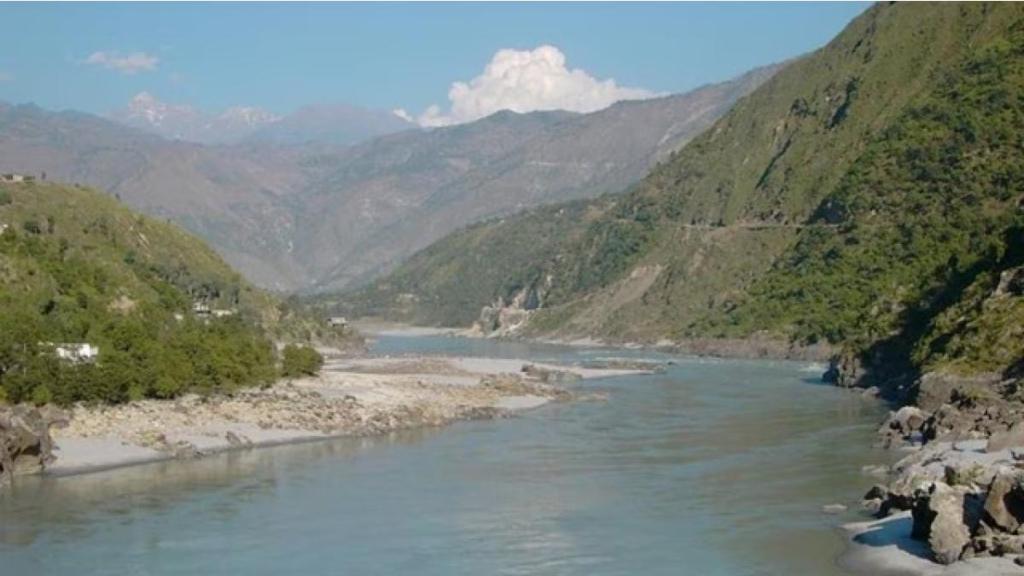On August 30, 2024, India officially called on Pakistan to enter into negotiations for a review of the Indus Water Treaty (IWT) under Article XII (3), citing significant changes in circumstances since the treaty’s establishment. The request highlights India’s concerns over shifting demographics, environmental imperatives, and the impacts of ongoing cross-border tensions, all of which necessitate a fresh look at the water-sharing framework that has governed both nations for over six decades.
What is the Indus Water Treaty?
Signed in 1960 with the mediation of the World Bank, the Indus Water Treaty is a water-sharing agreement between India and Pakistan. It governs the use of waters from six rivers—Indus, Jhelum, Chenab, Ravi, Beas, and Sutlej—originating in India and flowing into Pakistan. The treaty allocates the waters of the eastern rivers (Ravi, Beas, and Sutlej) to India, while the western rivers (Indus, Jhelum, and Chenab) are mostly reserved for Pakistan. It is one of the few agreements that has withstood multiple conflicts between the two countries, making it a cornerstone of their bilateral relations.
Why is India Seeking Modifications?
India’s notification to Pakistan argues that “fundamental and unforeseen changes in circumstances” necessitate a review of the treaty. These changes include shifts in population demographics, environmental concerns such as the urgent need to develop clean energy to meet India’s emission targets, and the persistent impact of cross-border terrorism.
India is especially concerned with the Kishanganga and Ratle hydroelectric projects, which have been a source of long-standing controversy between the two nations. The projects have been under dispute, leading the World Bank to activate both the Neutral Expert mechanism and the Court of Arbitration simultaneously. India views this as a problematic aspect of the treaty’s dispute resolution process, calling for a re-examination of this mechanism.
Path Forward: G2G Negotiations
With its notice, India has invited Pakistan to engage in government-to-government (G2G) negotiations to review and potentially amend the treaty. This proposal comes under Article XII (3) of the treaty, which allows for modifications to be made through a ratified agreement between the two governments.
This development could lead to either a collaborative reworking of the treaty or escalate tensions, depending on how both nations approach the forthcoming negotiations. The outcome of these discussions will likely have a deep impact on water resource management and diplomatic relations between India and Pakistan.


